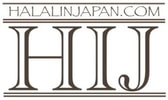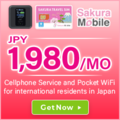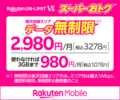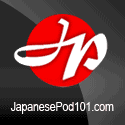What Are Muslim Friendly Standards?One priority among Muslims is halal food, where animals are prepared according to established rules and no pork, lard, or alcohol is involved in the cooking. Muslim consumers today are likely to be younger, savvy, and interested in convenience, choice, and quality, but they also look for products and services that fit in with their beliefs. As Muslim travelers become more affluent, they are willing to spend on high-quality food, while travel has introduced them to a taste for international cuisine, too. In Japan up to 2011, generally, there were no Islamic standards to halal certify any restaurant. To certify a restaurant that provides non-halal food but is willing to provide food that is halal for Muslims was almost impossible. The Nippon Asia Halal Association, "NAHA," came up with the idea that if food can be prepared in a Halal-dedicated environment, then it will help Muslims as well as non-Muslims to provide food that Muslims can trust to eat. Based on that idea, the Nippon Asia Halal Association set the following criteria for the Muslim Friendly Standards:
Nippon Asia Halal Association "The purpose of providing all the above standards is to make Muslims’ lives in Japan, a kind of non-Muslim, pork- and alcohol-loving country, a bit easier. We do our full efforts (IJTIHAD) to check all the tiny details. May Allah forgive us for our unintentional mistakes. We ask for any advice to improve our services to Muslims.". Sources
0 Comments
Leave a Reply. |
Halal In Japan
|
|



 RSS Feed
RSS Feed





